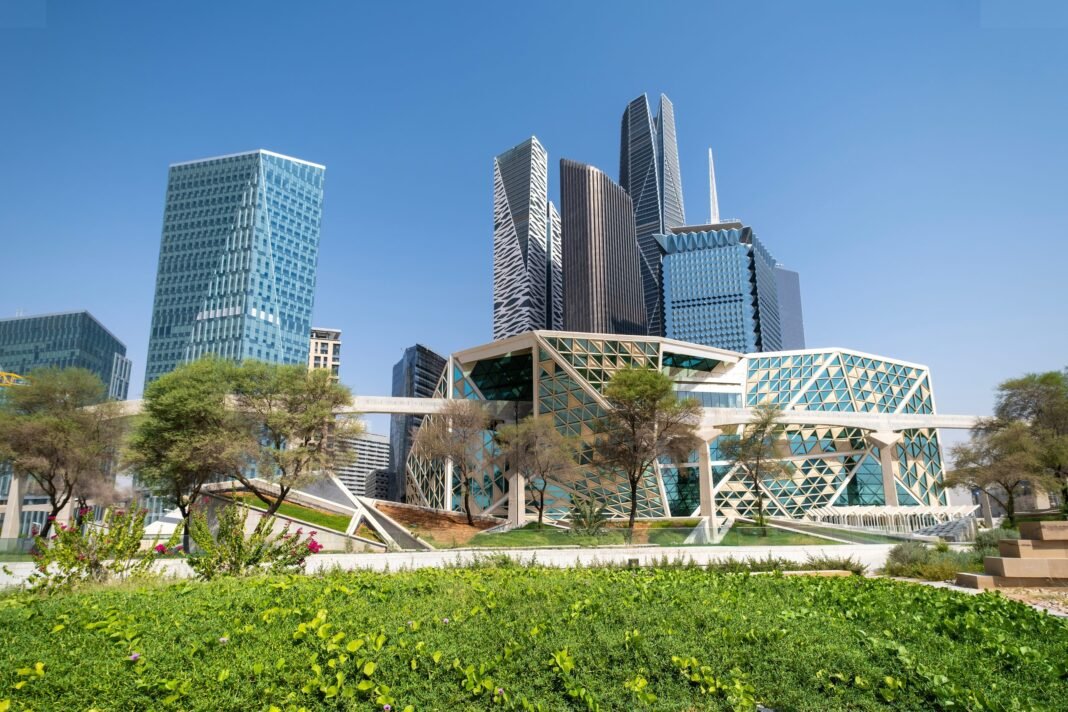Green finance in Kuwait is expanding as the National Bank of Kuwait (NBK) shares its first green bond impact report. This report demonstrates how the bank is financing clean and sustainable projects across various sectors.
Notably, NBK issued a $500 million green bond to support eco-friendly development. This step highlights the bank’s leadership in green finance in Kuwait. The report also details how the bank utilized the funds and the resulting positive environmental impact.
To begin with, NBK aligned its green bond with international sustainability standards. It followed global principles for green, social, and sustainability bonds. A second-party opinion confirmed the bond’s compliance, increasing transparency and investor confidence.
NBK’s eligible green asset portfolio now totals $625 million. This amount exceeds the original bond value, showing growing demand for green finance in Kuwait. The projects funded reflect the bank’s strong commitment to sustainability.
The portfolio covers three categories. Most of it, 76%, goes to green buildings. Then, 17% support renewable energy. Lastly, 7% of funds clean transportation. These projects cut emissions and promote a greener economy.
NBK financed 18 projects in Europe, Asia-Pacific, the Middle East, and North America. This global reach helps expand green finance in Kuwait while also contributing to global climate goals.
In the area of green buildings, NBK supports low-emission designs and energy-efficient structures. Several projects earned LEED Gold or BREEAM Excellent certifications. These buildings reduce energy use and promote long-term climate resilience.
Furthermore, NBK also invests in clean energy. The report highlights support for large solar and wind energy sites. These efforts reduce fossil fuel reliance and cut carbon emissions significantly.
According to the report, NBK’s renewable energy portfolio produced over 3.8 million MWh of clean energy. This saved more than 85,000 tons of CO₂. Clearly, green finance in Kuwait brings measurable environmental results.
On the other hand, NBK also helps fund clean transport. It supports electric vehicle infrastructure and rail systems. These investments help shift the transport sector toward low-carbon options.
In addition, the bank launched a wider ESG strategy. This plan promotes sustainable banking, better governance, and investment in communities. These pillars strengthen NBK’s leadership in sustainable finance.
As part of its commitment, NBK will update this green bond report every year. This ensures continued transparency and trust.
In conclusion, green finance in Kuwait is growing rapidly. Through green bonds, clean energy funding, and ESG programs, NBK helps lead Kuwait toward a more sustainable future.





